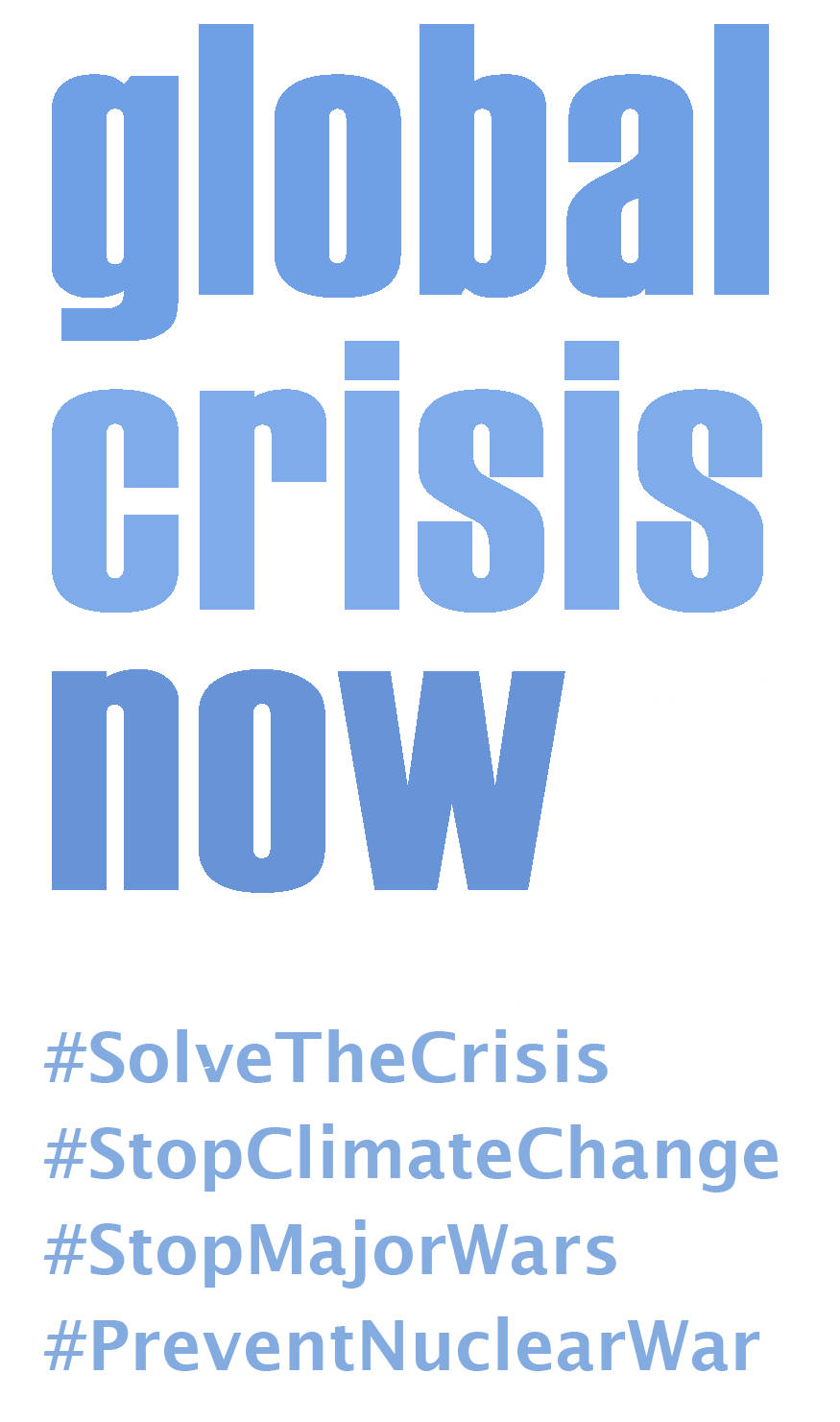
The causes are not the traditional villains of boom and bust in the business cycle, inappropriate tinkering with financial levers or corrupt conduct by banks, but the emergence of real global biophysical limits brought about by the combined exponential increase in population and consumption. These limits are the underlying causes that have prevented the US and Europe from shaking off fully the recession since 2008, and are in many ways behind current crises in Egypt, Syria, and elsewhere.
In essence we have 20th century leaders trying to re-activate the growth model on which we have relied since World War II. But now this effort is taking place in a 21st century world subject to fundamentally different biophysical constraints.
Humanity is now the dominant global force. What was workable in a relatively empty world of 2 billion people in post-World War It is not workable in today’s full world of 7 billion, let alone the 9 or 10 billion to come as later discussed in this Manifesto. Humanity today requires on average the biophysical capacity of 1.5 planets to survive. If everyone lived at US levels, we would require 5 planets, at European levels around 3 planets. This is clearly unsustainable, as we are fast destroying the global commons of clean air, water and the fertile soil and oceans on which we depend for our food supply and life support. Our ideological preoccupation with a market economy, based on political expediency and short-term profit maximization, is rapidly leading toward an unstoppable path that, at its worst, means an uninhabitable planet.
The immediate pressure points are the interrelated issues of energy, water and food security, but particularly climate change and the peaking of global oil supply. As a result, progressive leaders around the world are beginning to acknowledge that current business models cannot continue. The World Economic Forum (WEF) has, for years, identified climate change as one of the major risks to business viability. Others urge business to move away from the short-termism which dominates business thinking, refocusing on the long term and incorporating a wider range of social and environmental considerations in decision-making. These efforts, whilst laudable, unfortunately have not yet had any substantial impact and time is running short to move away from mankind’s current unsustainable path.
What we are not facing up to is that the only realistic way now to avoid catastrophic climate change is to immediately halt any new high-carbon development and to initiate emergency action by placing economies on a “war-footing”, to rapidly implement low-carbon re-structuring. Pressure is already mounting, particularly from the major supranational organizations such as the UN, the World Bank, OECD, IEA and the IMF. As Christine Lagarde, Head of the IMF, bluntly put it at the 2013 WEF Davos meeting: “Unless we take action on climate change, future generations will be roasted, toasted, fried and grilled”. The Heads of the UN, the World Bank, OECD and IEA have been equally outspoken. But for the most part the world leaders – whether in public or private domain – are not listening.
The challenge humanity faces today is unprecedented. However, we have the potential to genuinely prosper in a low-carbon world, provided we have the vision to accept the challenge and to recognize the opportunities within our grasp.
This Manifesto sets out the rationale behind these concerns and proposes a way forward.
